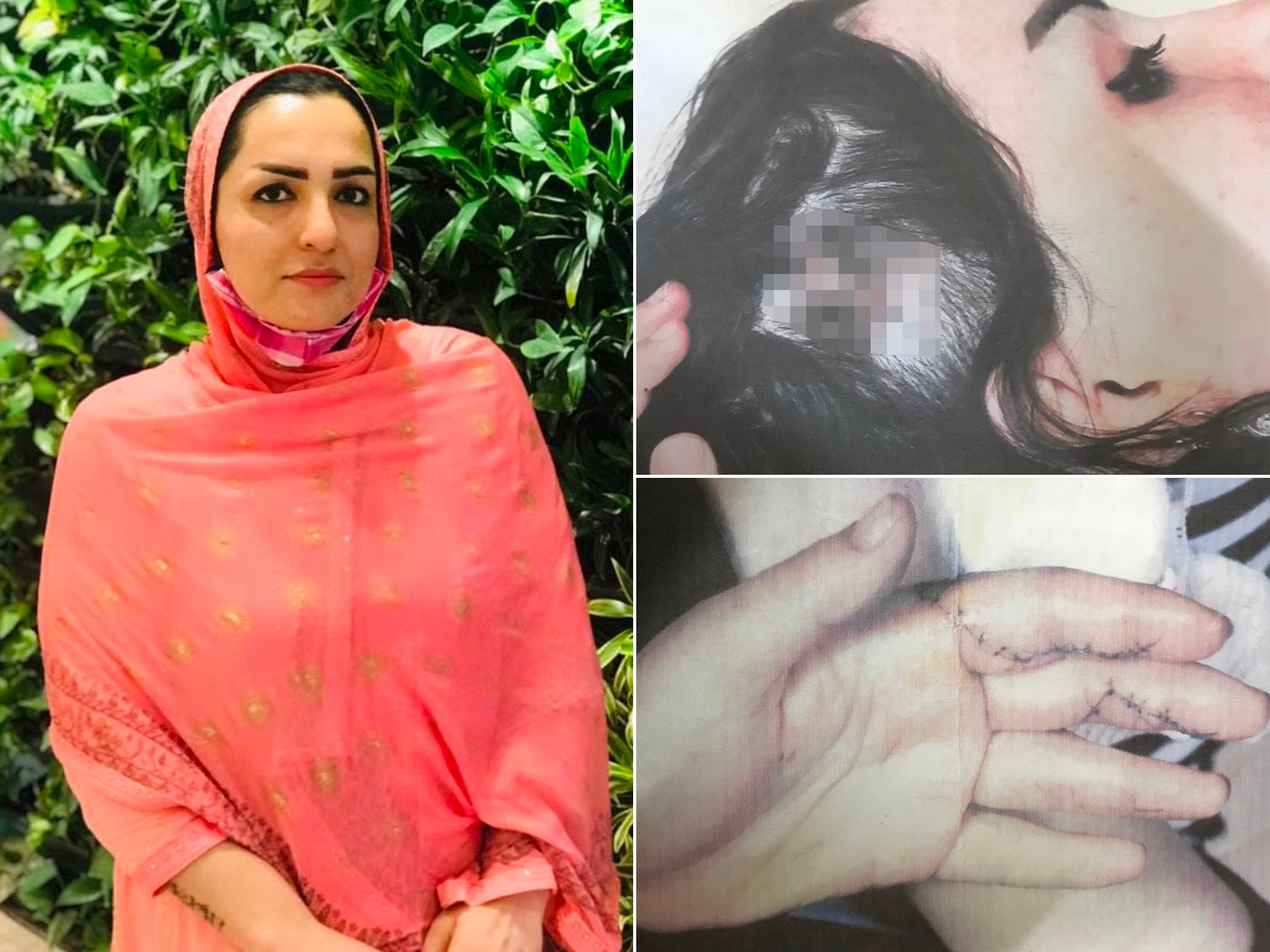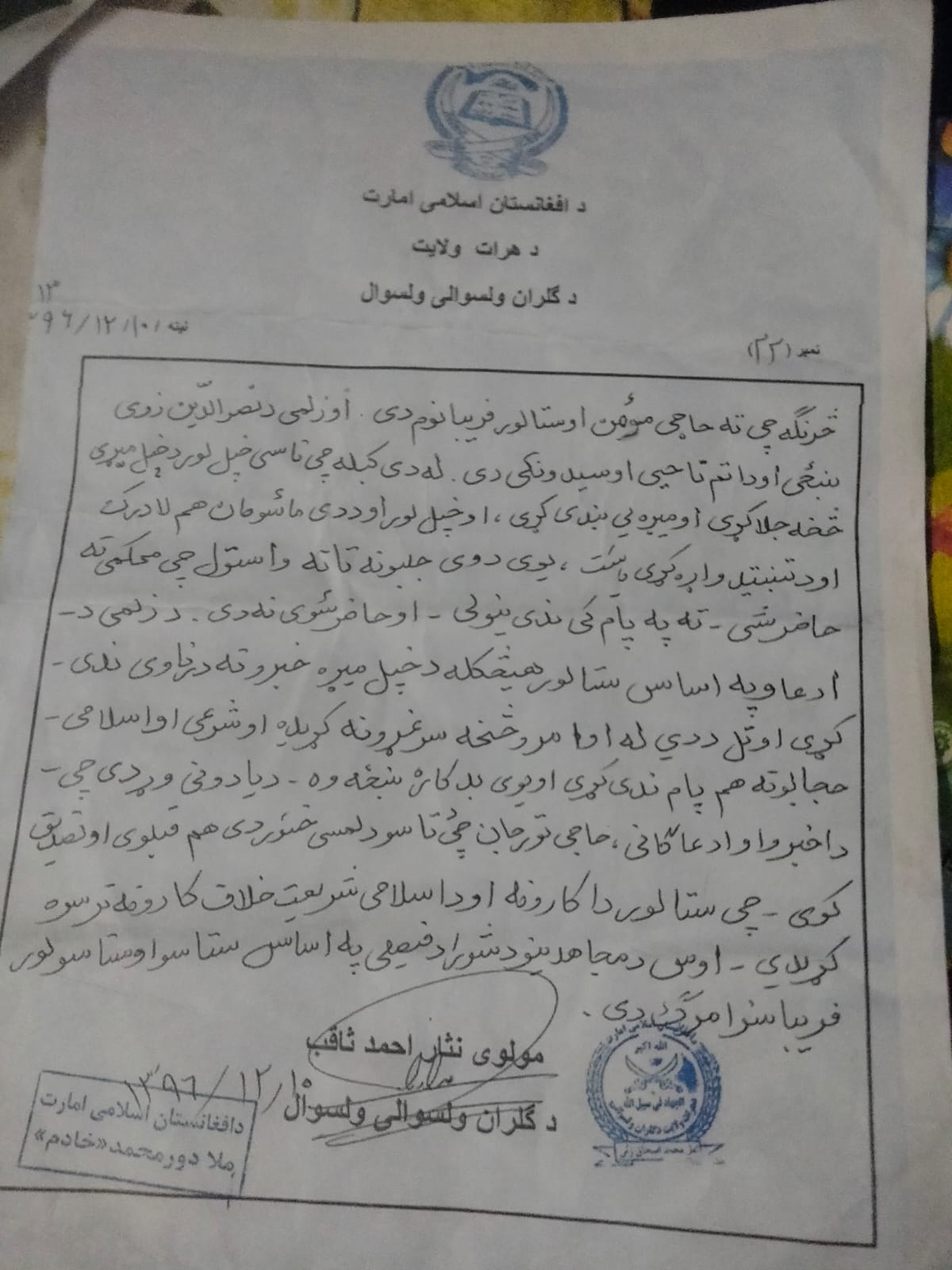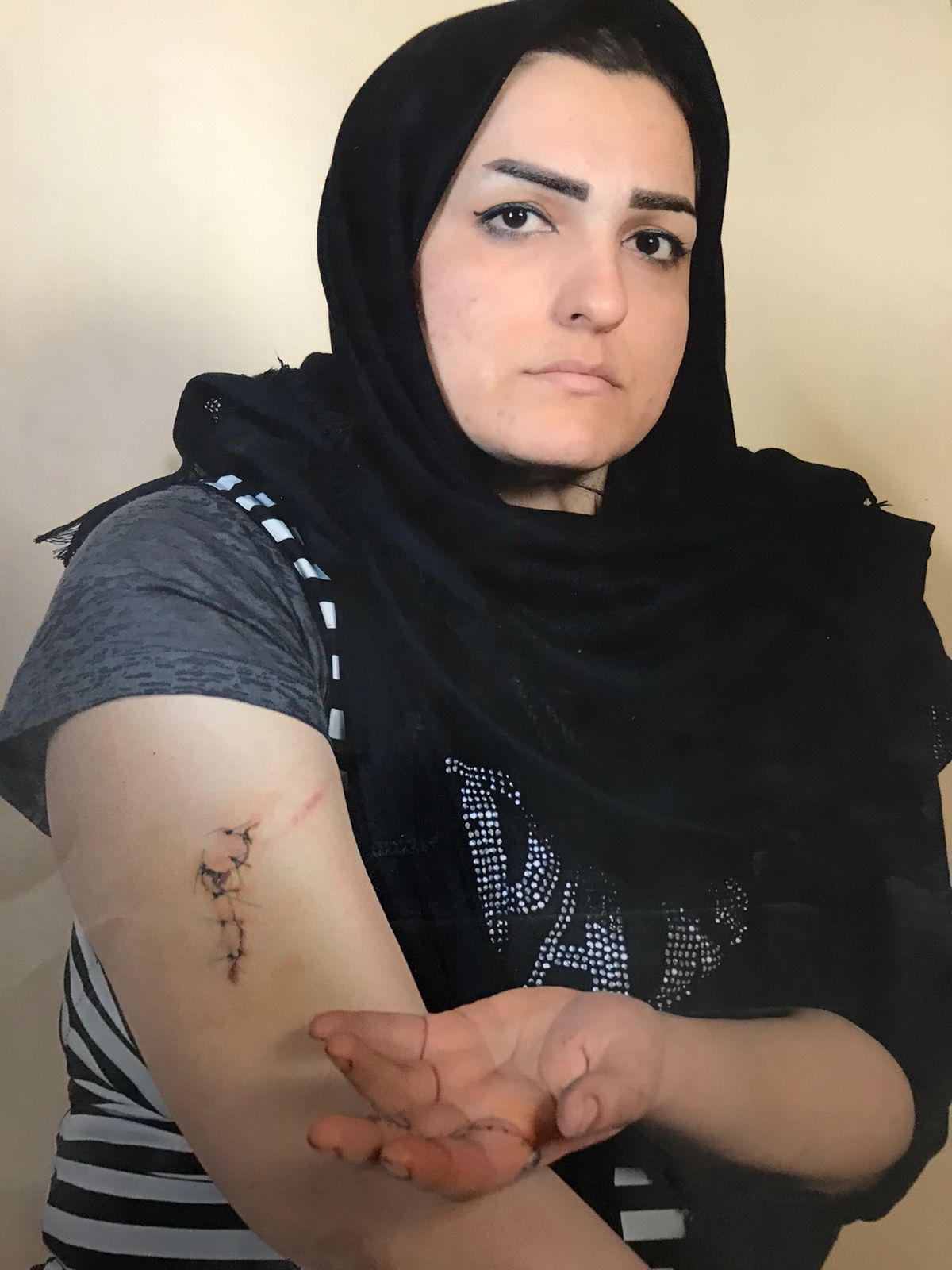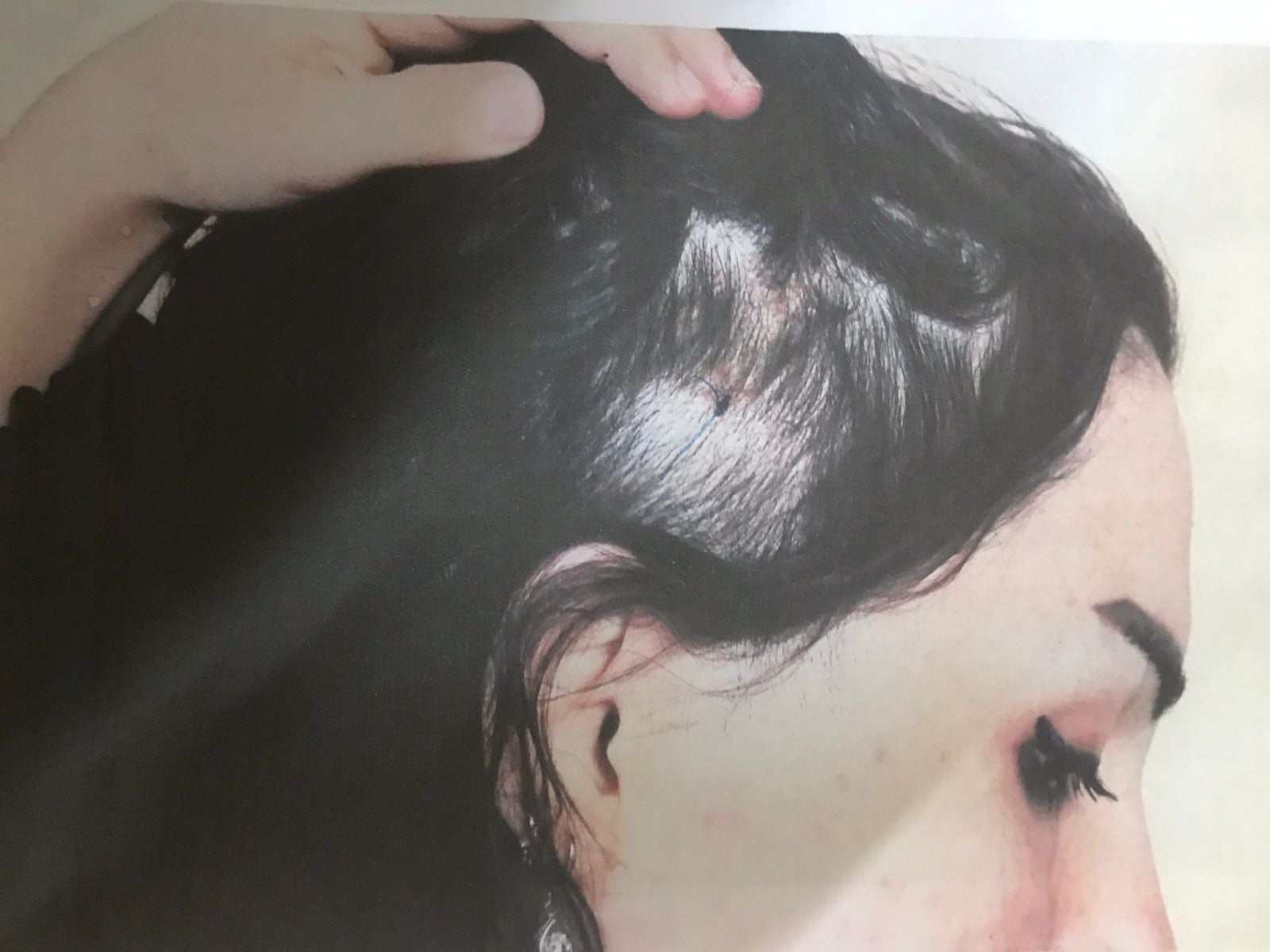Woman who escaped Taliban death sentence says they will never change: ‘They are the enemy of the world’
Fariba Akemi discovered her husband was a Taliban member when he started selling off their daughters to fighters. She fled to India, where she tells Shweta Sharma she doesn’t believe the Islamist group’s ‘hollow promises’ on women’s rights


Fariba Akemi packed her whole life in two suitcases when she fled Afghanistan to escape more than two decades of life under the Taliban and seek a better future for her daughters. She shuddered with fear as the Islamist group swept back to power with the conquest of Kabul last week.
“If they find me, they will kill me,” Akemi tells The Independent from her new home in Delhi. “The Taliban had issued a death warrant against me,” she says – one without an expiry date.
Follow Afghanistan news LIVE: Latest updates as suspected suicide bombing outside Kabul airport
The 40-year-old woman from Herat, Afghanistan’s third lagest city, made the impossible choice four years ago when she decided to leave behind her whole family, friends and relatives, knowing she would never be able to return. It was a price she had to pay to leave behind her husband, she says, who she had discovered was a Taliban fighter.
Akemi says she was just 14 when she was married off by her parents to an acquaintance they knew little about.
“In Herat, no one cares about age. He was 20 years older than me and [yet] I accepted my nikah [marriage] to him as we were facing extreme financial woes. No one in my family knew his actual identity,” she says, speaking in the Hindi she learnt watching Bollywood films back in Afghanistan.
“Soon after our wedding, he started beating and abusing [me]. He [sometimes] did not return home for days and months on end. Everything started falling apart. I was robbed of education as he never let me study, because for him a wife was merely a khidmati [server] for him. I accepted it as my fate and we had four daughters,” she says.

The situation, already bleak, took a dramatic turn for the worse when Akemi’s eldest daughter turned 14. She says her husband had started to accumulate large amounts of debt and sold off the girl for marriage to a Taliban fighter.
“He used to do drugs and got involved in its business. He sold my eldest daughter who was 14 at that time for 500,000 Afghanis [£4,225]. I used to cry all the time, and no one helped us. He threatened me that he would do the same with my three other daughters if I told anyone,” she says.
“One day he came home and said he had sold our second daughter. I was devastated and could not stop crying. She was very small, around 11 or 12. I went to the police and Afghan government to seek help in finding my daughter,” she says.
Akemi says her husband found out she had gone to the authorities to seek help. He responded by attacking her with a knife, she says.

“He attacked me at four places on my body. I still carry the scars on my neck, my arms and my two fingers do not work.”
Afraid but refusing to give in, she again went to the police to lodge a complaint. But this time her husband had fled Herat, and it was then that it was confirmed officially by the police that he was a Taliban fighter.
“After he left, I got a call from the Taliban saying they need my third daughter as my husband has [already] taken the money for her,” she says.
This was Akemi’s breaking point – having already lost two daughters, she had to choose between letting their sisters get sold to the Taliban as well or fleeing to an unknown foreign land without any support or certainty about the future.
Akemi says the Taliban has sent repeated notices to her family back in Herat, issuing her with a death warrant and saying they too will face dire consequences if she does not return with her daughters.
“The Taliban has announced death to me for escaping with my two daughters. But the notice does not say anything about the two daughters I have lost. I have no idea what happened to them or if they are dead or alive,” she says.
Since seizing the reins of national power from the Afghan government on 15 August, the Taliban leadership has attempted to provide assurances that it will respect women’s rights within the norms of Islamic law.
“We are going to allow women to work and study. We have got frameworks, of course. Women are going to be very active in the society but within the framework of Islam,” Zabihullah Mujahid, the group’s spokesman, said at a press conference in Kabul last week.
Akemi says she doesn’t believe what she calls the “hollow promises to regain power”.

“Their thinking can never change. They are portraying themselves as reformed but in reality they [are the same as before].” she says.
Describing the Taliban as “the enemy of the world”, Akemi says: “There are many women like me who would say the same but they are too scared to speak out. [Soon] the world will again know how life is under Taliban rule,” she adds.
Akemi says she may have escaped, but she still fears for her own and her family’s safety. “I have been spending sleepless nights since the Taliban returned to power. I have my whole family, my brothers, sisters, father and mother in Herat. The wifi is too weak in Herat now to talk to them on video call and see their faces. I miss them and I am scared for them. I will never be able to forgive myself if anything happens to them,” she says.
Akemi says she feels compelled to speak out now in the hope that she is granted a refugee card by the Indian authorities, which would open up access to various entitlements. She is acutely aware of the dangers she still faces, but believes she has no choice.
She says her husband already knows she lives in Delhi, after an Afghani YouTuber filmed a video of her and put it up on his channel.
“My daughters are petrified, they worry for me,” she says. “While walking on the road I fear someone will stab me from behind or someone will abduct my daughters. India has given me a lot but I need to leave India now. I need help from the Indian government.”
Akemi had been working in a gym before the pandemic shut it along with many other public spaces. The Covid-19 situation in Delhi has also held up the process of appealing for her refugee ID card.
“My case has been pending due to the Covid pandemic. I fear for my life and the pandemic has thinned out savings. I was without work for most of the time,” she says. “All I am asking for is the basic human right to safety, and to live. I need help so that my two daughters do not meet the same fate as their sisters.”






Join our commenting forum
Join thought-provoking conversations, follow other Independent readers and see their replies
Comments